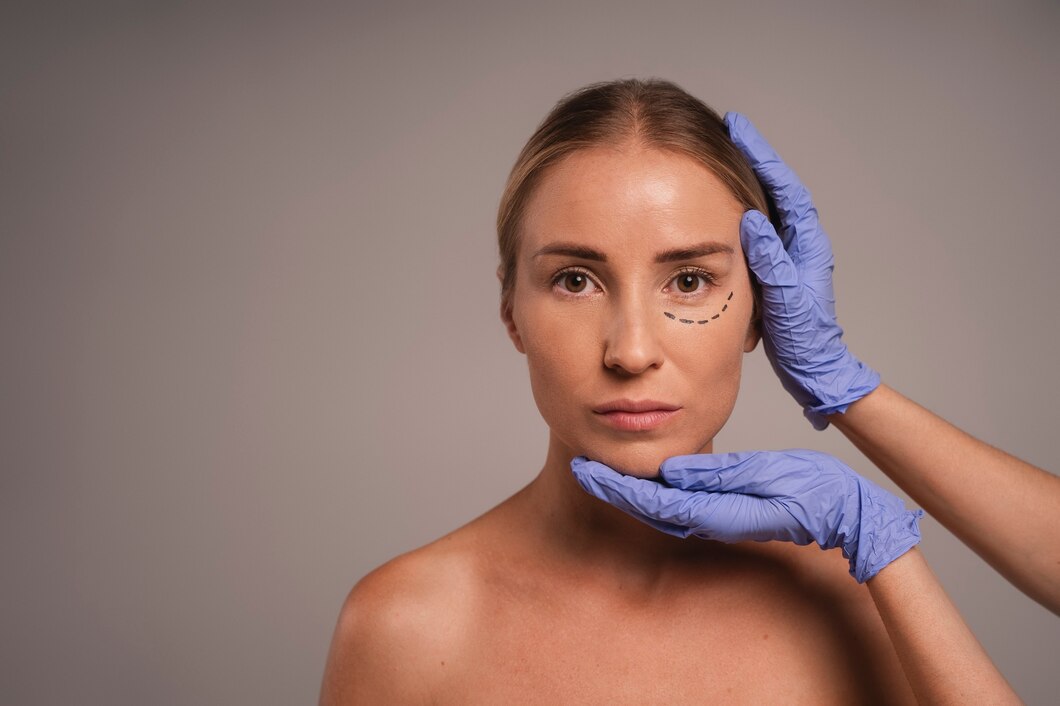Cosmetic surgery has become increasingly popular as a way for individuals to enhance their appearance and boost their self-esteem. However, while much attention is often paid to the physical recovery process, the psychological and emotional aspects of recovery are equally important. Proper psychological aftercare can help ensure a smoother healing process and long-term satisfaction with the results. Here are 15 essential things South African women should know about the importance of psychological aftercare following cosmetic surgery.
1. Surgery is an Emotional Journey
Cosmetic surgery often involves significant emotional investment. Whether it’s correcting a perceived flaw or improving self-esteem, the results can have a profound impact on a person’s emotional well-being. Psychological aftercare helps patients navigate these emotional shifts.
2. Body Image Adjustments Take Time
It can take time to mentally adjust to the changes in your appearance. Psychological aftercare offers support during this transitional period, helping you develop a healthy relationship with your new look.
3. Managing Expectations
One of the key elements of psychological aftercare is managing expectations. Patients may have unrealistic ideas about the outcome of their surgery. Counseling or therapy can help adjust these expectations and lead to greater satisfaction.
4. Post-Surgery Depression is Common
It’s not uncommon for people to experience post-surgery depression, even when the procedure goes well. The physical strain, changes in appearance, and recovery process can lead to temporary feelings of sadness or anxiety. Professional psychological support can help mitigate these feelings.
5. Improving Long-Term Satisfaction
Psychological aftercare helps patients come to terms with the results of their surgery, leading to better long-term satisfaction. It assists in processing emotional reactions and reinforces positive feelings about the change.
6. Dealing with Body Dysmorphic Disorder (BDD)
Some individuals may have underlying body dysmorphic disorder (BDD), where they obsess over perceived flaws in their appearance. Post-surgery, these concerns may persist or shift. Psychological aftercare helps address and manage these tendencies.
7. Support in Case of Disappointment
Even when surgery goes as planned, patients may still feel disappointment or regret. Psychological aftercare provides a safe space to explore these feelings and find constructive ways to move forward.
8. Navigating Physical Discomfort
The physical discomfort and recovery process can take an emotional toll. Psychological aftercare helps patients cope with the pain, discomfort, and limitations that often accompany the healing process.
9. Counseling for Improved Self-Esteem
Many people undergo cosmetic surgery to improve self-esteem. However, boosting self-worth is not always guaranteed by physical changes alone. Counseling can help reinforce self-esteem in a healthy, balanced way.
10. Handling Social Reactions
Patients may face varying reactions from family, friends, and colleagues regarding their decision to undergo surgery. Psychological aftercare can provide tools for managing these social interactions and handling criticism or judgment.
11. Preventing Unrealistic Comparisons
In today’s social media-driven world, many people feel pressure to compare their looks to others, especially post-surgery. Psychological aftercare can help patients avoid unhealthy comparisons and focus on their personal journey.
12. Rebuilding Confidence
Psychological aftercare encourages individuals to reconnect with their confidence in a way that extends beyond physical appearance. This holistic approach ensures that patients feel good inside and out.
13. Family Counseling Support
Cosmetic surgery may affect family dynamics, particularly if loved ones don’t fully understand the emotional impact. Family counseling can help bridge communication gaps and provide mutual understanding.
14. Promotes a Healthy Recovery Mindset
A positive mindset can greatly improve physical recovery. Psychological aftercare ensures that patients maintain a balanced and optimistic outlook during their healing process, which can enhance overall well-being.
15. Improving Mental Health Awareness
Psychological aftercare shines a light on the mental health aspects of cosmetic surgery, helping patients be more mindful of their emotional state before, during, and after the procedure.
Cosmetic surgery is not just a physical journey—it’s a psychological one as well. For South African women considering or recovering from cosmetic surgery, prioritizing psychological aftercare is essential for achieving not only physical transformation but also emotional and mental well-being. By addressing the emotional side of recovery, patients can experience greater satisfaction, improved self-esteem, and a healthier outlook on life.








